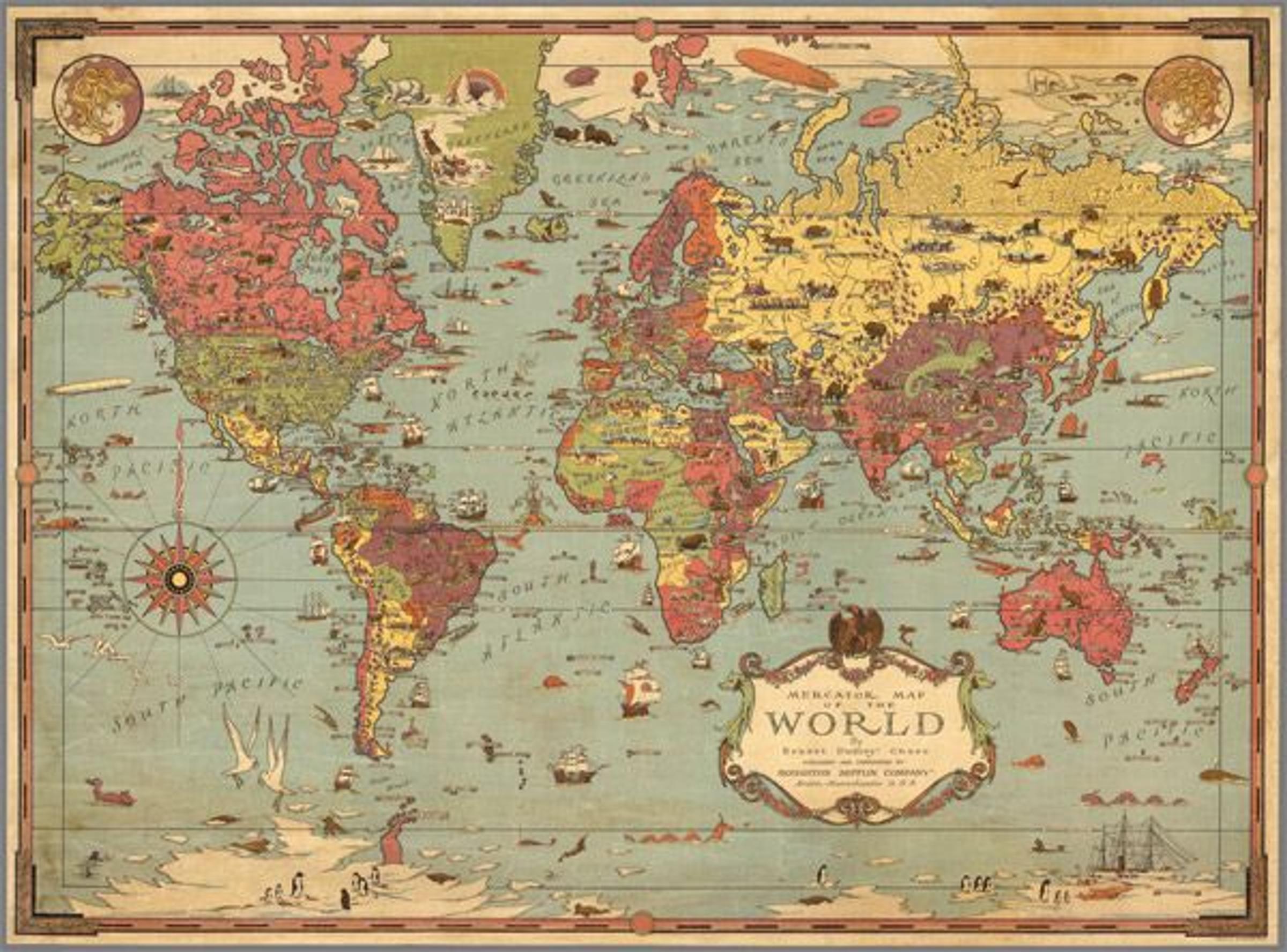Global Politics

VCE Politics is the study of contemporary power, conflict and cooperation in a world that is characterised by unpredictability and constant change. In this study students investigate contemporary issues of conflict, political stability and/or change within Australia, the Indo-Pacific region and globally. They consider how national and global political actors respond to issues and crises such as national political reform, climate change, violent conflicts, human rights, sustainability and development, inequality and global economic instability. Students analyse the sources and forms of power available to these political actors and the consequences of their use. Students consider how political actors pursue their interests and the political significance of their actions in responding to national and global issues and crises. Throughout this study, students examine Australia’s place in the region and globally.
Unit 1: Politics, power and political actors
In this unit, students learn that politics is about how political actors use power to resolve issues and conflicts over how society should operate. Each area of study focuses on concepts that form essential disciplinary knowledge, and which allow students to gradually build on their understanding of what it is to think politically.
Area of Study 1: Power and national political actors
In this area of study, students are introduced to the central concepts of power and legitimacy. Power comes in different forms and arises from different sources, such as legal authority, or military, economic, diplomatic, cultural and technological capacities. This capacity can be thought of as ‘power to…’ do something. Political actors can also use power in more coercive, even illegitimate, ways that can be thought of as ‘power over…’ other political actors or ordinary people.
Area of Study 2: Power and global political actors
In this area of study, students focus on the political actors who can move beyond and across national and regional boundaries to pursue their interests globally. This has been facilitated by the increasing interconnectedness of the world. These ‘global’ actors are predominantly states and their leaders, institutions of global governance or of regional cooperation, non-government organisations, transnational corporations of all kinds and some high-profile individuals.
For the purposes of this study, global actors are defined as states, regional groupings, institutions of global governance and non-state actors. States include actors who have defined territory, permanent populations and widely recognised sovereignty. States can be organised into formal regional groupings such as the European Union, ASEAN or the Pacific Islands Forum. Institutions of global governance have global scope and states as members; they facilitate cooperation and manage relations between states, develop and enforce global rules and law, and play a part in dispute resolution. Non-state actors include any other actors on the global stage, including nations, transnational corporations, individuals, non-government organisations and illegal groups.
Unit 2: Democracy: stability and change
In this unit, students investigate the key principles of democracy and assess the degree to which these principles are expressed, experienced and challenged, in Australia and internationally. They consider democratic principles in the Australian context and complete an in-depth study of a political issue or crisis that inherently challenges basic democratic ideas or practice. Students also investigate the degree to which global political actors and trends can challenge, inhibit or undermine democracy, and evaluate the political significance of these challenges. Each area of study focuses on concepts that form essential disciplinary knowledge, and which allow students to gradually build on their understanding of what it is to think politically.
Area of Study 1: Issues for Australia’s democracy
In this area of study, students analyse the operation of Australian democracy, democratic institutions and processes, and assess the political significance of challenges to democratic principles. Students investigate at least one of the issues detailed below and consider its relationship to the success of Australian democracy, the tensions and conflict between forces working for political stability and those working for change, and how the democratic rights of citizens may challenge established policies, practices and norms. This investigation requires students to broaden their knowledge of the key Australian democratic institutions and processes that operate in Australia and the ability of Australian citizens to participate meaningfully in the political system. Students engage with political thinking through an investigation into at least one of the listed options to evaluate the strength of Australian democracy and consider if reforms to Australia’s political system are appropriate or required.
Area of Study 2: Global challenges to democracy
In this area of study, students analyse global challenges to the principles of democracy and assess threats to their effectiveness, legitimacy, spread and impact. Students explore at least one global issue or crisis that challenges the importance of democratic principles and consider the causes and consequences of this issue or crisis. Through their investigation, students discover the significant impact states and other global actors may have on the legitimacy and spread of democratic principles, such as free and fair elections, accountability and transparency in political processes, rule of law, human rights, equality and the separation of powers. They analyse the degree to which the interests of global actors can significantly undermine or promote these principles, especially in situations of crisis where political, economic or security needs may be prioritised over human rights or the rule of law.
Unit 3: Global Actors
In this unit students investigate the key global actors of contemporary global politics. They use evidence to analyse the key global actors and their aims, roles and power. They develop an understanding of the key actors through an in-depth examination of the concepts of national interests and power as they relate to the state, and the way in which ONE Asia-Pacific state uses power to achieve its objectives.
VCE Global Politics is a contemporary study and focus must be on examples and case studies from within the last 10 years. However, contemporary issues and events may need to be contextualised for students and this may require some investigation prior to this timeframe.
Area of Study 1: Global Actors
In this area of study students examine the key actors in contemporary global politics: states, Intergovernmental Organisations (IGOs), non-state actors, and one Transnational Corporation (TNC).
Area of Study 2: Power in the Asia-Pacific
In this area of study students examine the way in which a specific Asia-Pacific state uses its power to pursue its national interests, and explore the factors that have shaped that state’s national interests in the last 10 years. For this area of study, students study one of the following states in the Asia-Pacific: Australia, China, Indonesia, Japan, United States of America.
Unit 4: Global Challenges
In this unit students investigate key global challenges facing the international community in the 21st century. They examine and analyse the debates surrounding two ethical issues that are underpinned by international law. They then evaluate the effectiveness of responses to these issues. Students also explore the context and causes of global crises and consider the varying effectiveness of responses and challenges to resolving them.
VCE Global Politics is a contemporary study and focus must be on examples and case studies from within the last 10 years. However, contemporary issues and events may need to be contextualised for students and this may require some investigation prior to this timeframe.
Area of Study 1: Ethical Issues and Debates
In this area of study students examine debates about TWO global ethical issues. They use the concepts of realism and cosmopolitanism as a framework for analysing these issues and debates. These debates are considered in the context of case studies that transcend specific states, regions and continents. International law encompasses a wide range of rules that might be seen to govern the actions of states in international relations such as treaties, declarations, bilateral and multilateral agreements and even decisions made by bodies such as the UN Security Council. Students consider the international law that relates to these issues. They examine and analyse the effectiveness of the responses by global actors and the extent to which these responses reflect the obligations outlined in the relevant international law. Students develop the understanding that global actors’ responses may be guided by the particular ethical perspective they bring to these issues. Similarly, a global actor’s perspective may determine its view of how justice can be achieved in relation to these ethical issues. Students come to understand that the cosmopolitan perspective is not accepted universally. Two ethical issues are studied from: human rights, people movement, development, arms control.
Area of Study 2 : Global Crises
In this area of study students investigate the causes of two global crises. They also investigate the effectiveness of the responses from relevant global actors and the main challenges to effective resolution. Students discover that the causes of these crises may be cyclical and the responses can at times exacerbate the original crisis. Students also engage with the key aspects of each crisis or ideas that relate to each crisis. Two global crises are selected from the following: climate change, armed conflict, terrorism, and economic instability.
